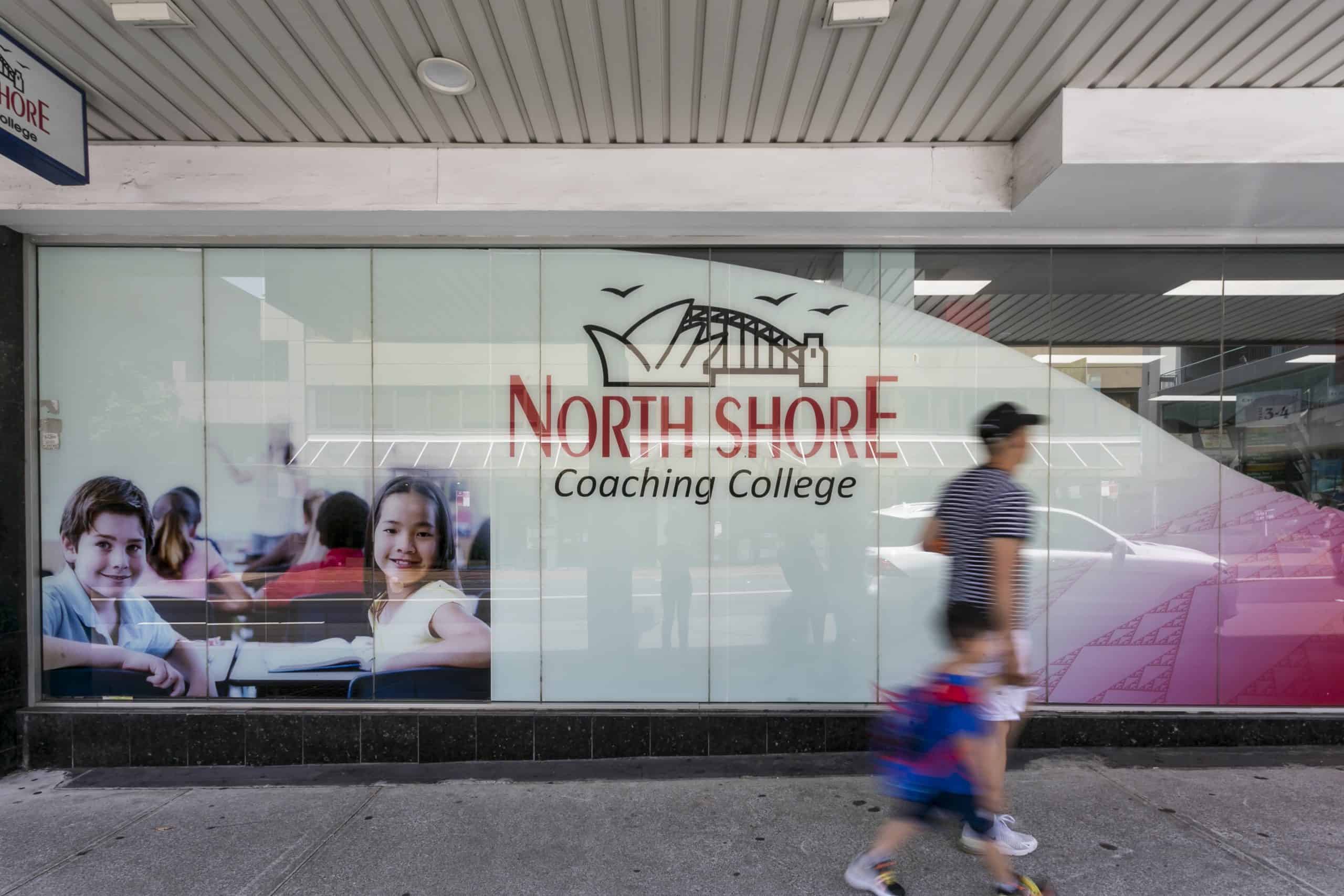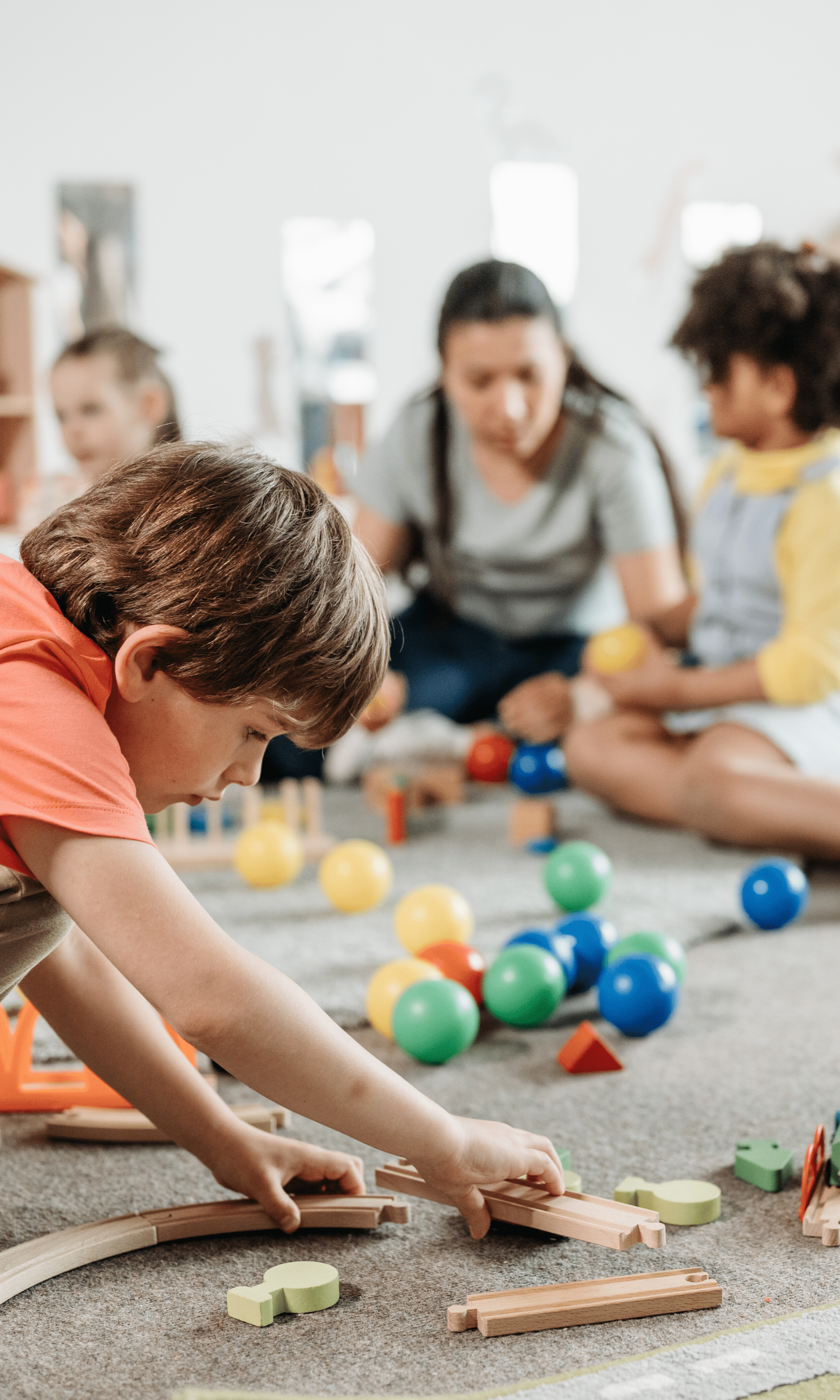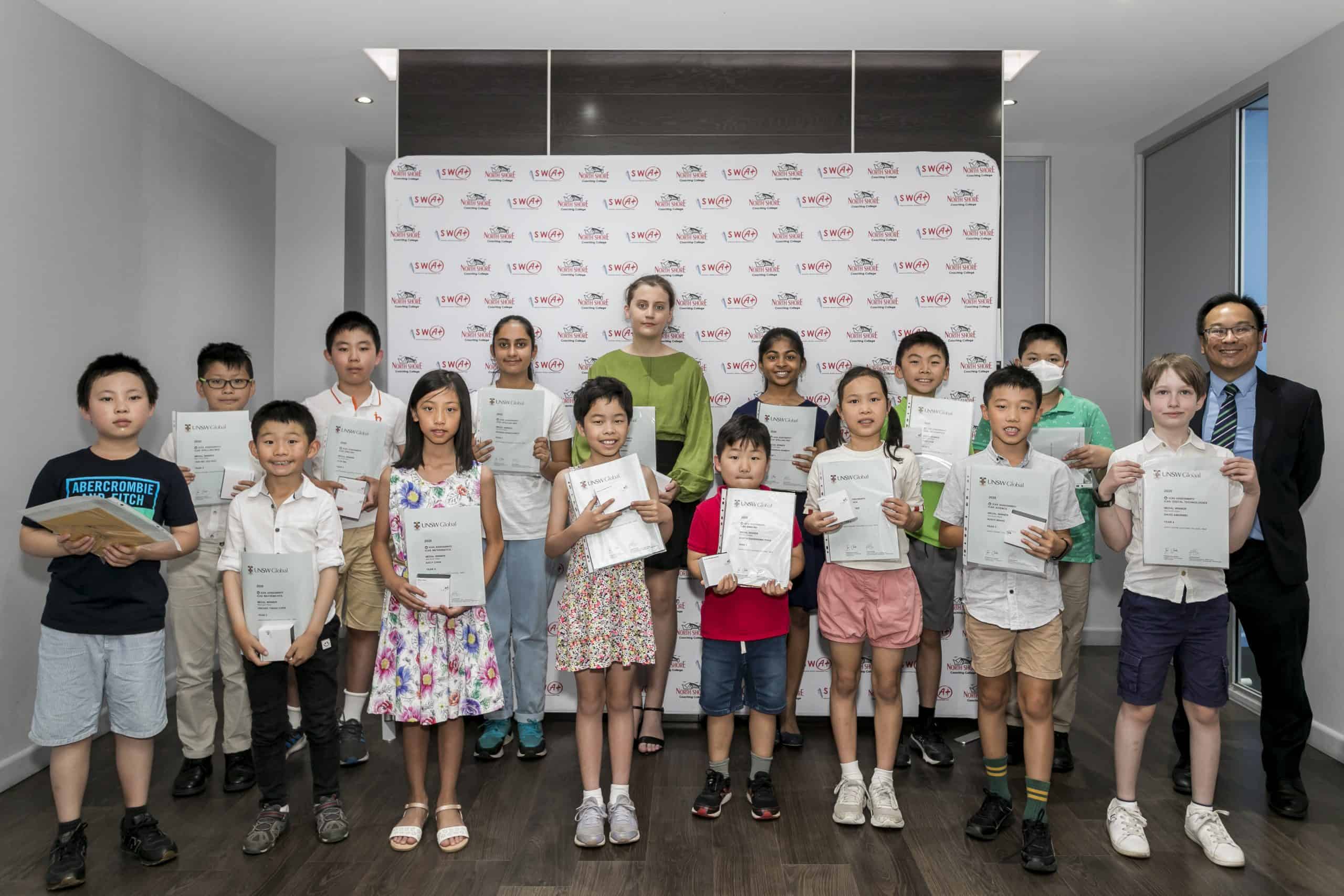Preparing your Child for the Future – Where to with Work?
Mr Tony HANLON
National Deputy Principal
North Shore Coaching College
As far back as the 1980’s educators have been concerned with how to prepare the students of the 21st century for a future that appeared so unpredictable. What skills and knowledge would be required to ensure they may take their place in society with confidence & competence? Now, four decades on we are still revisiting the dilemma. How do we prepare our students for the workforce when we cannot imagine what work will entail in 10 or 20 years’ time?
Artificial intelligence is already impacting the ways in which professionals undertake their work and this will increase exponentially in the coming years. We have seen how remote working has disrupted the notion of the office environment and how quickly our economy can pivot when faced with a health crisis. Many jobs will simply disappear, with robots and other automation taken the burden from human beings. Driverless cars are a reality. In some cities your parcels are delivered by drones. Apps on our smartphones allow us to monitor our health and communicate this information to medical practitioners in real-time. Robots are assisting in remote surgery. Only a decade ago such would have seemed impossible. We are adapting technology at such a rate that any discussion in relation to the impact is almost outdated as it is taking place.
 This leads to the question: Where to with work if we are unsure as to what work will actually be? How will it be performed? Where will it be performed? What purpose will it serve? The future of work is both exciting and daunting – with so much changing, how can we be prepared?
This leads to the question: Where to with work if we are unsure as to what work will actually be? How will it be performed? Where will it be performed? What purpose will it serve? The future of work is both exciting and daunting – with so much changing, how can we be prepared?
The future is full of promise, however it is riddled with challenges – some of which will affect our very existence. Whilst we will not need a paralegal to undertake legal research we will still need the wisdom of those who are able to interpret laws and define ethics. While we will no longer require mechanics to service our cars, we will need visionaries who can imagine the future of transportation; mindful of the impacts on human health and the environment of any mass transport system.
We will need the brightest and best minds of their generation to help diffuse tensions between nations by utilising advanced skills of diplomacy and negotiation. We will require scientists to react quickly with solutions to cataclysmic changes in our climate. Our immunologists will be on the forefront of developing vaccines for pathogens that present an existential threat. Architects will be planning integrated communities with the aim of zero carbon footprints.
The list goes on.
From this, one spark of light emerges. It directs educators and parents as to how to prepare the next generation. It suggests that success for an individual in the future will be more reliant on qualities and skills than on knowledge.
- The skills of resilience and flexibility will be essential.
- Being an active attentive listener who is able to negotiate a compromise will bring success.
- The ability to think laterally, calmly and logically will enable a person to pivot their actions when met with failure.
- The willingness to engage with learning and upskilling on an ongoing basis will be critical.
- Embracing change and possessing the willingness to cast off assumptions, biases and prejudices will be vital.
- Empathy will be a non-negotiable in any work that entails interacting with others.
So when does the future arrive? When do we leave the present? Questions I shall leave for physicists and philosophers. As educators and parents, we need our children to operate in the present and know we have equipped them as well as we possibly can for the ‘future’.
At this point in human history, we no longer require students to memorise huge amounts of information as this is readily available online. We do however require them to possess the skills to apply this information appropriately to the right situation. Problem-solving – choosing the right solution for the situation is very much a skill for the present.
There is still a place for learning times tables, Pythagoras’ theorem and spelling words as such trains the brain to think and develops memory. However, there is the need for equal emphasis to be placed on interpreting information and being inquisitive. There is the need to explore information simply for the sake of it. There is the need to feed the imagination as without imagination we have no solutions to the problems we face.
Preparing a child for the future is a matter of preparing them to think. To think of the ‘what if?’ and the ‘how come?’ A visit to the Powerhouse Museum or the Art Gallery of NSW will help develop an inquiring mind. The child with the inquiring mind will be the successful adult of tomorrow.
A tomorrow in which imagination, as Einstein so appropriately stated, will be more important than knowledge.
I wish you and your children an exciting ‘tomorrow’.




